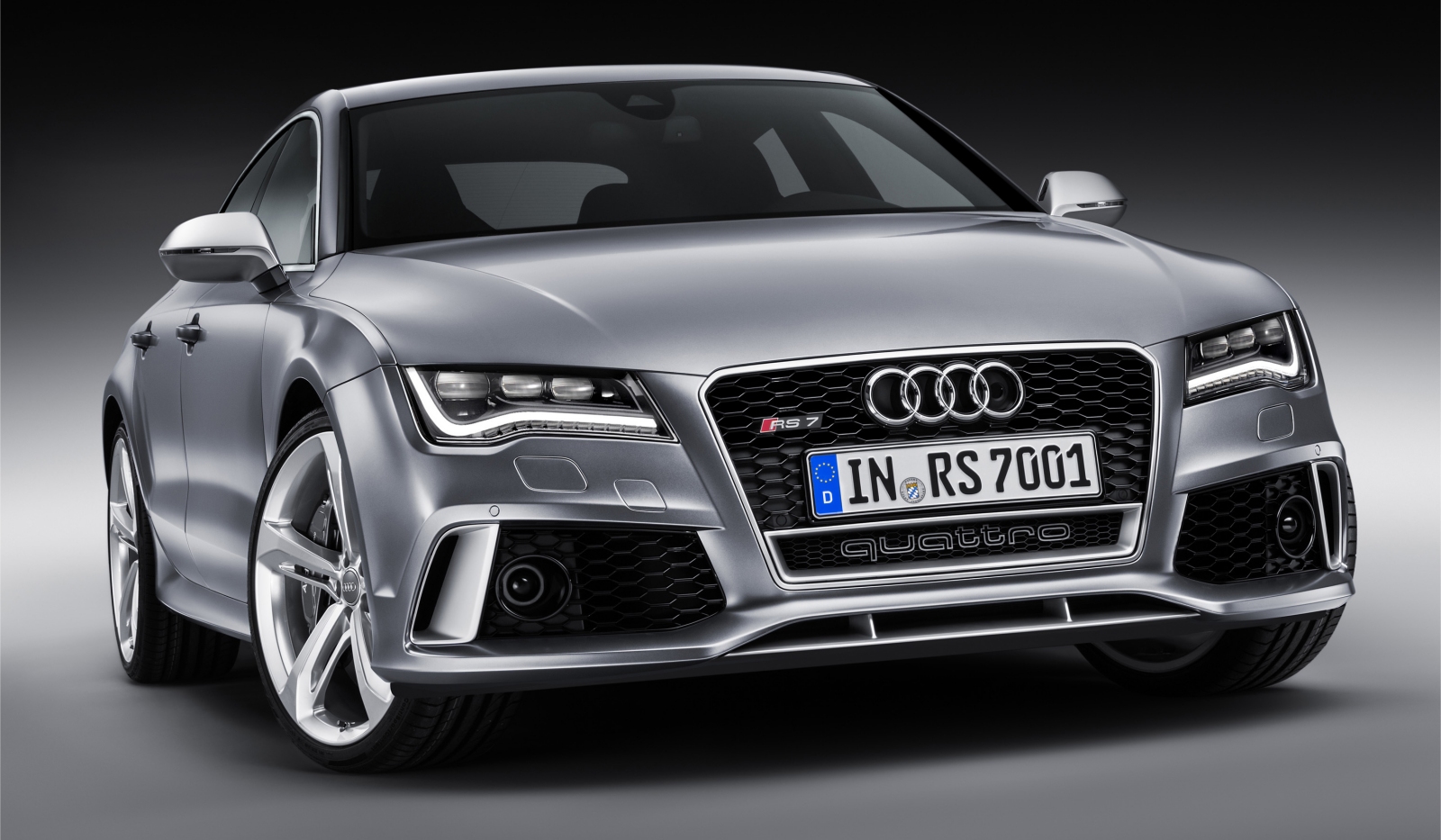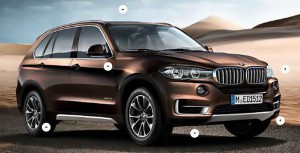Audi
Back in the 1960s, Indians would always opt for an Hindustan Ambassador when they wanted to buy a car. Then in the 1980s, the choice was between an Ambassador and the tiny Maruti 800. Of course, if you happened to be rich you could pay huge import duty and get yourself a fancy set of foreign wheels.
The scene changed in 1990s, with cars like the Maruti 1000, Rover Montego, Tata Estate, Daewoo Cielo, Ford Escort and Opel Astra appearing on the scene. Though not luxury cars, they were a shade better than the Ambassadors and Padminis. Today, of course, Indians are spoilt for choice. The potential of the luxury car market is huge if you consider that sales at the upper end of the spectrum contribute not more than 2 percent of overall sales.
Among the car brands vying for attention in the Indian luxury car segment are Audi, BMW and Mercedes-Benz. Interestingly, in the last year or so, the sales of BMW and Audi have overtaken Mercedes-Benz, which finds itself is in third place.
Not many have been analyse why BMW or Audi have edged ahead of the well-entrenched Mercedes. Maybe it’s because BMW and Audi have been able to position their cars better, and their marketing campaigns have been better optimized for the Indian market. But today, Mercedes is seen as a car for relatively older people, while BMW and Audi have been able to position themselves as the younger, hipper option.
BMW
According to Top of the Pyramid 2012, co-authored by Kotak Wealth and Crisil Research, “BMW, Audi and Mercedes-Benz are the top three aspired-to cars. In fact, all three appear to have mass luxury cars, with Audi growing the fastest in recent times.” According to the survey’s respondents, BMW and Audi score over Mercedes in terms of newer models, and exclusivity, in terms of both design and value-added features (and services).
Then there are is a second league of luxury cars – Jaguar, Land Rover, Volvo, Rolls-Royce, Bentley, Ferrari and Porsche. Though they have notched up impressive sales, in comparison to the top three, they still have to play catch-up.
Experts tell you that growth will not necessarily be restricted to established brands like Mercerdes, BMW and Audi. The Indian luxury car buyer has shown a propensity for open-mindedness and many are upgrading to a Volvo or Porsche.
In the near future, luxury car manufacturers are looking at expanding into lower segments in India – Mercedes A-Class, BMW 1 Series and Audi A3 are entering India.
Mercedes Benz
Besides, ‘product differentiation’ will be the name of the game – or bringing in cars with a difference. We already have Mercedes-Benz with the CLS, a ‘four-door coupe’; BMW brought in the X6, a sleeker, sportier SUV with minimal off-road pretensions, and Audi did it with the R8, a supercar that offers near Ferrari and Lamborghini levels of performance at about half the price.
Luxury brands are promoting their high-end cars in the country via programs that include leasing and certified used-car sales. They are also rapidly entering tier-II and tier-III towns such as Bhopal and Lucknow, among others, that have exhibited a decent appetite for luxury cars. Already, Audi has opened showrooms in Nagpur, Coimbatore, Bhopal, Ludhiana, Surat and Indore. The carmaker plans to expand its network to several new dealerships.
At this moment, the German brands look set to dominate the market. They will continue to hog the major share of the market, with Jaguar Land Rover and, maybe, Volvo taking following close second.





